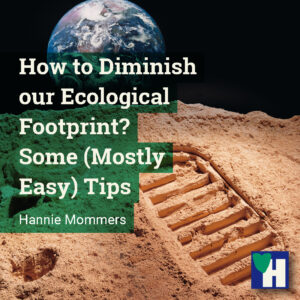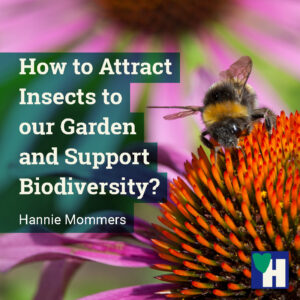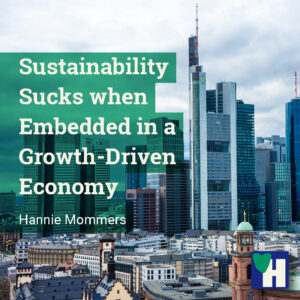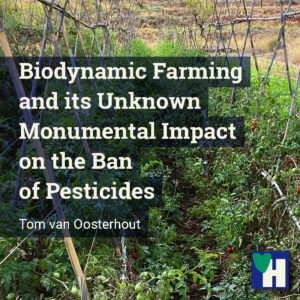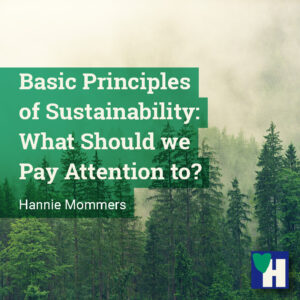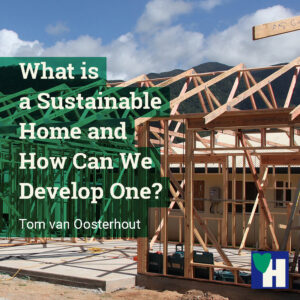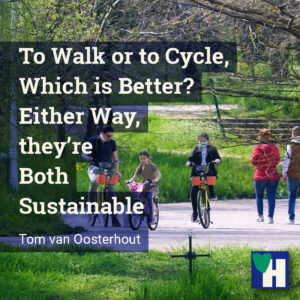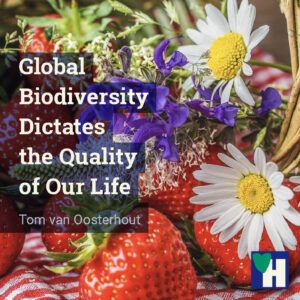
Global biodiversity dictates the quality of our life. You might compare it with our personal health. It’s one of our most important assets. The reason of course is that it makes us feel good. Yet, there is more. We perform better when we are healthy. Physically and mentally. We measure our well-being by our health. Our quality of life is measured by our health.
There are a lot of pines where we live. All the neighbours in our street spray poison against the pine processionary caterpillar. This spraying is totally nonsense and goes against every biodiversity logic. All the natural enemies of this caterpillar live here: the praying mantis, dozens of bats, cuckoos, and the great tit. Our neighbours consciously destroy the habitat of these animals and are a threat to the biodiversity in this area.

